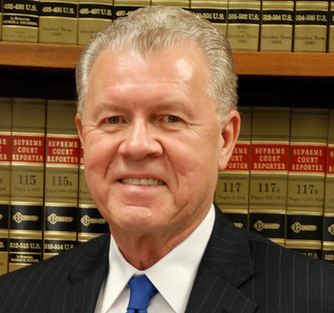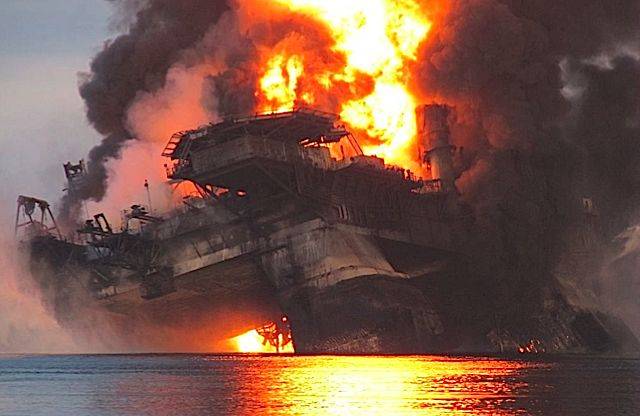District Court Judge Carl Barbier ruled that 3.19 million barrels of oil leaked into the sea in 2010 after the rig explosion at BP’s Macondo well. This is less than the US government’s estimate of about 4.2 million, but more than BP’s estimate of 2.4 million.
The ruling means the British oil & gas giant will see its Gulf of Mexico fine capped at $13.7 billion (₤9.05 billion). This is much less than most analysts had expected and should come as welcome news for BP.
If the maximum possible fine is imposed, i.e. $13.7 billion, it would still be the largest US pollution penalty.
Had judge Barbier gone for the US government figure, the fine would have totaled nearly $18 billion under the US Clean Water Act.
The Court also found that the London-based energy supermajor was not grossly negligent in its source control efforts, according to a BP press release.
Judge Barbier’s ruling probably comes as a huge relief for BP.
The news comes just as BP announced hundreds of job losses in the United Kingdom following plummeting crude oil prices.
A trial scheduled to open on Tuesday will determine how much the penalties will amount to.
BP still faces several claims by state governments and private parties. It reached a settlement of est. $9.7 billion of claims from the majority of private parties who said they were harmed by the spill.
It has not yet settled with businesses, local governments, banks and casinos that claimed harm from the deep-water drilling moratorium imposed by the authorities after the spill. Several US Gulf states are also seeking damages for environmental damages.
Bloomberg quoted law professor David Uhlmann, from the University of Michigan, who said “Today’s ruling is a major victory for BP and reduces by billions their potential liability. A fine in excess of $10 billion remains possible but is now less likely.” Mr. Uhlmann had been head of the Justice Department’s environmental crimes division.
BP’s shares rose 2.8% on Friday to 403.8p, making it the best gainer of the day on the main London index.
The company told the stock market on Friday “BP believes that considering all the statutory penalty factors together weighs in favor of a penalty at the lower end of the statutory range.”
Most analysts are predicting a final penalty figure totaling less than $10 billion, and perhaps even less than half that amount. Judge Barbier had previously stated that BP should shoulder 67% of the blame. He also mentioned that the company should be recognized for its efforts to clear up the mess and compensate affected parties.
The Deepwater Horizon disaster
The Deepwater Horizon oil spill was the worst offshore environmental disaster in US history.
The Deepwater Horizon rig was drilling at the Macondo Prospect off the coast of Louisiana on April 20th, 2010, when an explosion caused a blowout that killed 11 rig workers and ignited a huge fireball that was visible forty miles away.
It was not possible to extinguish the fire and the Deepwater Horizon sank two days later. It left the well spurting out oil at the seabed.
The explosion caused the largest offshore oil spill in US history. The spill reached the beaches and wetlands of the Gulf Coast.



